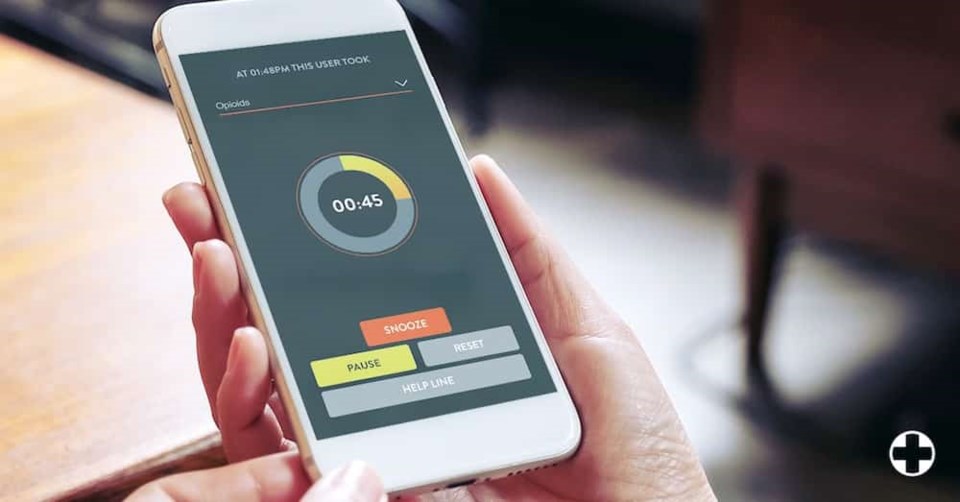Editor:
Re: "Experts say 'overdose app' not enough to save lives in opioid crisis," by Elana Shepert, June 12, 2020
Shepert’s article covered a lot of valuable points around drug addiction in the downtown eastside (DTES). The Provincial Health Services Authority (PHSA) understood this population would provide valuable feedback, so they did the beta testing in single room occupancy properties and adjusted the features of Lifeguard App with feedback from the residents.
The idea to create Lifeguard came to me when my friend, Evan, died alone of an overdose three years ago.
I realized that there must be a way to prevent these overdoses from happening, and ultimately prevent unfortunate deaths like Evan’s, through cellphone technology because most people have access to one.
There are many others most of us would not suspect of suffering from addiction, including those who started taking prescription opioids because of workplace injuries, car accidents, and chronic pain, or young people who began by experimenting or partying with friends and got caught in the cycle of addiction.
The increase of toxic overdose deaths has proven an even bigger crisis in the midst of the stress of the COVID-19 pandemic. The most recent Coroner’s Report shows a stark reality: more British Columbians died of overdose last month than died in the whole first wave of COVID-19. The vast majority were men (80%) between the ages of 19 and 49 (70%) – and the majority of those died alone.
The consensus of advice is that it’s important for people to be in the company of others when taking drugs, yet most people are alone when they do use, especially if they are hiding their addiction. Lifeguard App was specifically designed to address this while keeping people’s privacy intact.
The app is user-centred, putting the power in the hands of those who opt to use drugs. It is also privacy protected. Lifeguard Digital Health does not retain any of the personal information input into the app by the person who is planning to use a drug. The prompts for information are designed solely to assist in saving the person’s life. The app provides the GPS location and prioritizes the call to ambulance services - not the police - to increase the chances of saving a life while protecting from stigma or prosecution.
Any data retained by health services is privacy-protected if used to further inform research for better future outcomes. For example, drug samples are analyzed for content, including the presence of fentanyl. In the event of a death, this information is also sent to the Coroner’s Office for future reports to, in turn, inform policy and budget allocations.
There is no simple answer to overcoming addiction or saving the lives of those who are in danger of an overdose. Harm reduction, including more safe injection sites, drug testing, and making Naloxone kits widely available are critically important, as is the availability for treatment spaces. The results of the beta testing led the Ministry of Mental Health and Addictions to take the next step to implement the app throughout the regional health authorities in the province. The Lifeguard App will bring help quickly, even when someone is alone and unresponsive, while protecting privacy.
At the end of the day, even just one life saved makes it all worthwhile and is another opportunity for someone to access recovery and treatment.
Jeff Hardy, CEO
Lifeguard Digital Health



